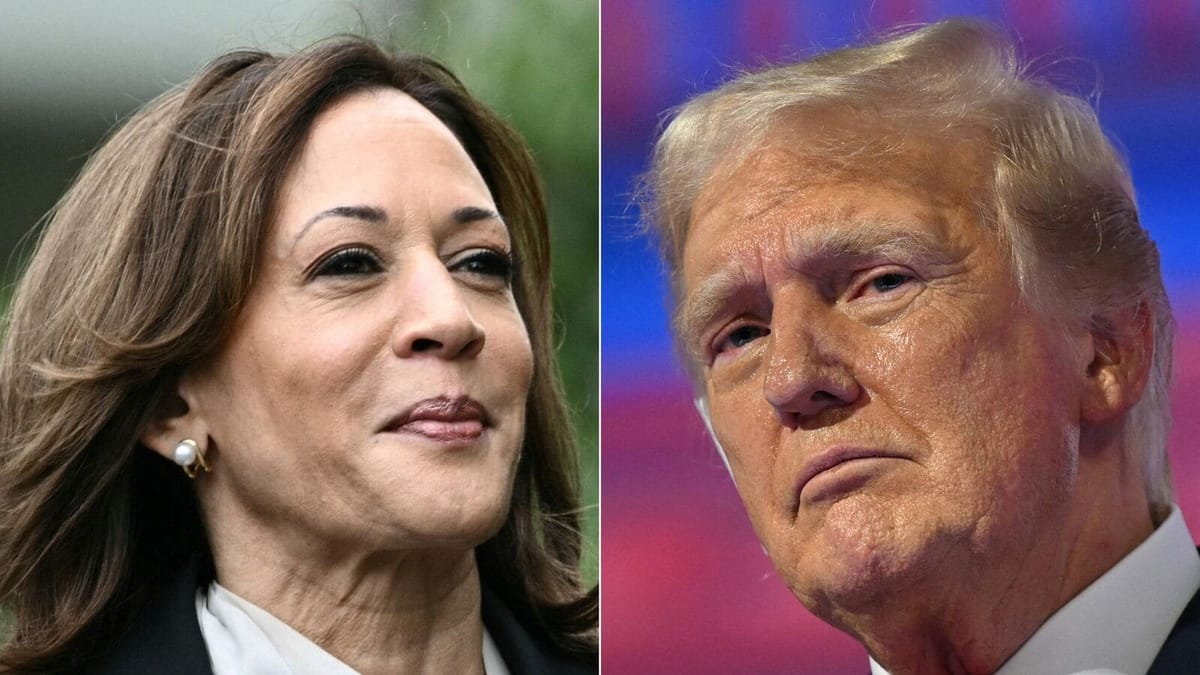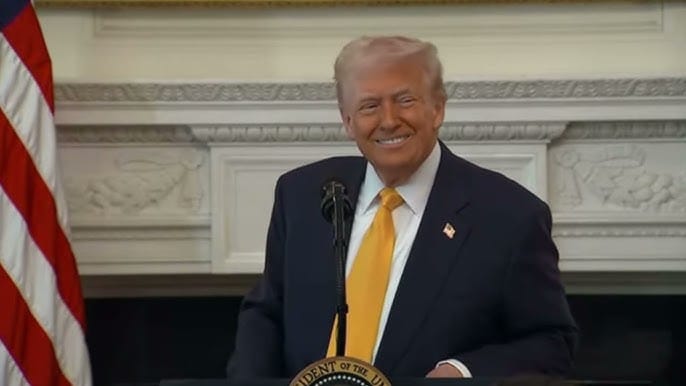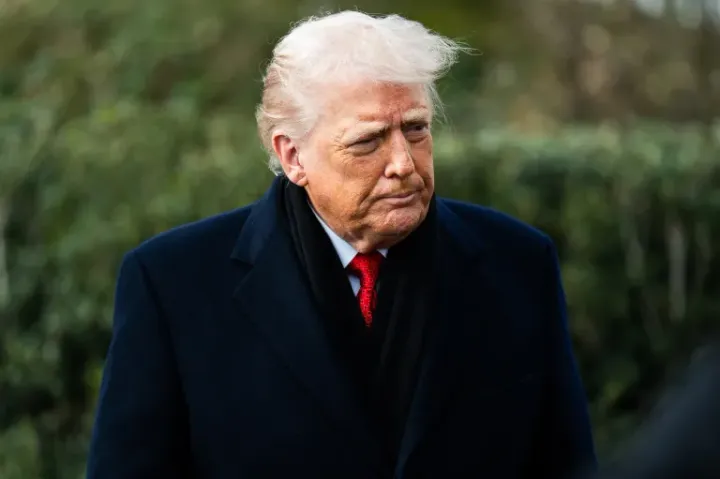The Gender Divide in the 2024 Election: How Men and Women Are Shaping the Vote

As the 2024 U.S. election approaches, a significant gender divide is emerging, with Donald Trump enjoying strong support among male voters while women are leaning toward Kamala Harris. This stark contrast reflects deeper social changes and could play a pivotal role in determining the election's outcome.
Kamala Harris, the first woman of color to secure a presidential nomination, often sidesteps discussions about her identity. In a recent CNN interview, she emphasized, “I am running because I believe that I am the best person to do this job at this moment for all Americans, regardless of race and gender.” Yet, gender remains a critical theme in this election, influencing perceptions of leadership and capability.
The Hidden Influence of Gender Norms
While the Harris campaign refrains from explicitly addressing it, there’s a sense that “hidden sexism” may deter some voters from supporting a woman for president. In a time when openly expressing biases is frowned upon, many may not admit to preferring a male candidate, even as they question Harris’s readiness or personality—often coded language for their discomfort with her gender.
The Trump campaign, on the other hand, dismisses gender as a factor in their support, claiming that voters reject Harris for being “weak, dishonest, and dangerously liberal.” Senior adviser Bryan Lanza expressed confidence that the gender gap would favor Trump, suggesting that male support gives him an edge.
Lessons from the Past
Looking back at Hillary Clinton’s 2016 campaign, it’s evident that negative attitudes toward her gender played a role in her electoral challenges. Pennsylvania Congresswoman Madeleine Dean recalls voters expressing vague sentiments about Clinton, which she later realized were rooted in discomfort with her being a woman in a position of power.
Although there have been advancements for women since then—especially with movements like #MeToo raising awareness about gender issues—some young men feel left behind in a rapidly changing social landscape. Many young men express frustration over perceived shifts in societal norms, feeling that their concerns are overshadowed by discussions on women’s rights and LGBTQ+ issues.
Polling Insights and Societal Changes
Recent CBS News polls illustrate this widening gender gap. Men are increasingly likely to feel that efforts for gender equality have gone too far, aligning more with Trump’s views, while women tend to believe that these efforts are still lacking and favor Harris. This dynamic sets the stage for the upcoming election as a referendum on traditional gender roles in America.
Polling director John Della Volpe highlights the struggles young men face today, noting that they are less likely to be in relationships, enroll in college, or maintain good mental health compared to their female peers. This growing discontent is creating a chasm, as young women are achieving greater educational and economic success, shifting their political views leftward.
Trump has effectively tapped into this male frustration, promoting a vision of masculinity that resonates with his audience. His recent remarks have included jokes about manhood, positioning himself as a champion of traditional male identity amid concerns of political correctness.
Navigating the Gender Divide
As the election draws near, both parties are responding to these gender dynamics in different ways. Democrats have issued calls for men to support women candidates, with Barack Obama addressing the discomfort some men feel about having a female president. In a bold campaign ad, actor Ed O’Neill urged, “Be a man: Vote for a woman.”
In the final days leading up to the election, the conversation around gender is both prominent and elusive. Trump’s strategy underscores traditional masculinity, while Harris strives to present herself as a competent leader without overtly highlighting her gender. According to a recent New York Times poll, Trump leads with male voters by 14%, while Harris holds a 12% advantage among women.
Conclusion
The outcome of this election may hinge on how voters navigate their views on gender. As both Trump and Harris work to rally their bases, the dynamics of gender will undoubtedly play a crucial role in shaping the future of American politics.



